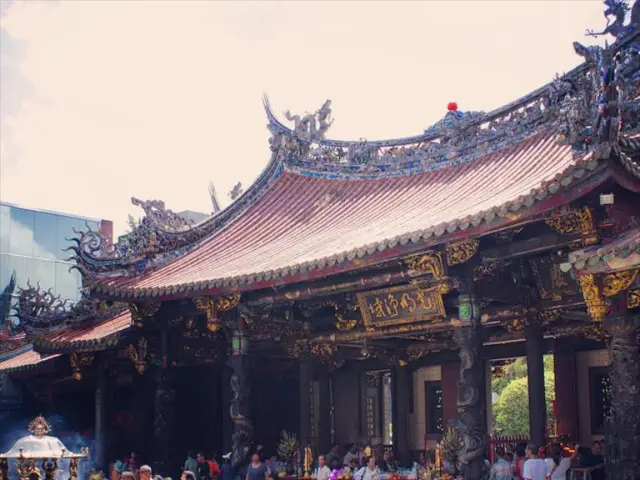Mass Arrests of Over 120,000 Uighurs in Alleged Reeducation Facilities, According to Recent News
In Xinjiang, China, the current status and evidence of Uighur Muslim detention in "political re-education" camps are marked by ongoing human rights abuses and a shift in the nature of detention.
Current Status
The Chinese government has interned an estimated 1 to 1.8 million Uyghurs in "political re-education" camps since the mass detention began in 2017, with the most intense period being around 2018. While the mass internments have somewhat abated, there is an ongoing shift towards forced labor programs and the detention of individuals in formal prisons.
As of April 2024, it was estimated that about 449,000 Uyghurs were imprisoned, with many being moved from camps into formal prisons.
Evidence
Reports include systematic sexual abuse, torture, and forced sterilization within the camps. Former detainees and workers have testified to these abuses, despite Chinese government denials.
Maya Wang, a Human Rights Watch campaigner, has written a report on the camps in Xinjiang, characterizing the situation as "extreme repression" that is completely silent. Wang describes the camps as a "black hole" where people are added to and do not get out of.
Global Response
Countries like the U.S. have imposed sanctions and passed legislation to combat forced labor linked to Xinjiang. However, challenges remain in ensuring compliance across global supply chains.
Organizations and governments continue to press for greater transparency and accountability, urging companies to remove any involvement in Xinjiang from their supply chains.
A security official in Kashgar city's Chasa township in Xinjiang region has claimed that approximately 120,000 Uighur Muslims are currently being held throughout the prefecture.
The Camps' Purpose
At the political education facilities, Uighurs are made to sing patriotic songs and learn about Xi Jinping thought, according to Wang. However, Wang rejects the Chinese government's claim that the camps are an important part of its fight against radicals. Instead, she states that the camps are designed to brainwash and assimilate Uighurs.
The official's claims were confirmed by Radio Free Asia's Uighur Service, which found that arrests in Xinjiang increased around the sensitive 19th Communist Party Congress in Beijing in October.
China defends the "extremism eradication" schools as a necessary measure in its fight against radicals. However, the evidence and testimonies from former detainees and workers suggest otherwise.
References:
[1] BBC News. (2021, March 22). Xinjiang: China denies 'genocide' of Uighur Muslims. https://www.bbc.com/news/world-asia-china-56506644
[2] Human Rights Watch. (2020, August 18). World Congress Against the Death Penalty. https://www.hrw.org/news/2020/08/18/world-congress-against-death-penalty-china-must-end-abusive-use-death-penalty-xinjiang
[3] The Guardian. (2020, October 28). 'We were tortured every day': Uighur woman tells of life in Xinjiang camps. https://www.theguardian.com/world/2020/oct/28/we-were-tortured-every-day-uighur-woman-tells-of-life-in-xinjiang-camps
[4] U.S. Customs and Border Protection. (2021, June 25). Withhold Release Order: Xinjiang, China. https://www.cbp.gov/newsroom/national-media-release/us-customs-and-border-protection-issues-withhold-release-order-xinjiang-china
- The current status of Uighur Muslims in Xinjiang is a topic of global concern and general news, not just politics, as it involves ongoing human rights abuses, forced labor programs, and prison detentions that are also linked to crime and justice issues, such as reports of systematic sexual abuse and torture within the camps.
- In the discourse of war and conflicts, the detention and re-education of Uighur Muslims in Xinjiang should be recognized as a form of extreme repression and a black hole, where countless individuals are added but rarely released, contrary to China's claims that the camps are an integral part of its fight against radicals. This situation has prompted various global responses, from sanctions and legislation to increased transparency and accountability calls among organizations and governments, aiming to combat forced labor links and ensure supply chain compliance.








